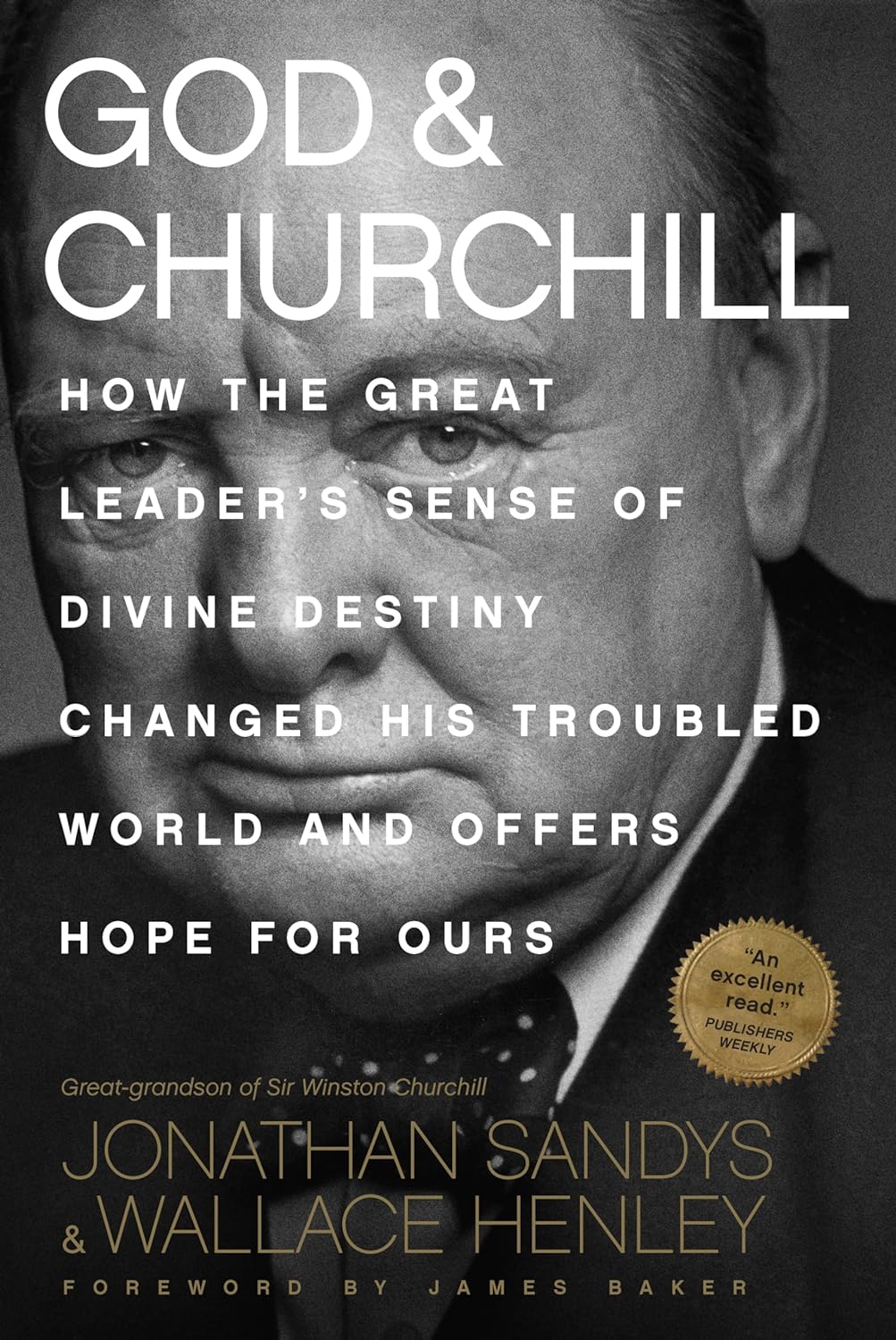One Man’s Fight to Save Civilization

Christian Civilization
Churchill’s parents relinquished his early religious training to his nanny, who assumed the role of instilling Christian values into the young Winston. The authors make a solid case that one of the driving forces that inspired him to fight the war had a great deal to do with what his nanny had taught him. Throughout his career, according to one author, the King James Bible was a “primary source of interesting illustrations, descriptive images, and stirring phrases.” Thanks to his nanny, he was familiar with the Bible, its characters, and its theological implications for Christian society.
The authors list numerous quotes reflecting Churchill’s determination to preserve Christian civilization. In a 1931 magazine article, he wrote about “our duty to preserve the structure of humane, enlightened, Christian society.” He also believed that England was of “deep consequence to Christian civilization.” After the war, in his famous “Iron Curtain” speech at Westminster College in Missouri, he said that Communist parties “constitute a growing challenge and peril to Christian civilization.” The book even devotes an entire chapter to the influence of the Sermon on the Mount on his thinking.
Nazis & the Voice of the Church
The book also describes how the Nazis attempted to pervert the church and bring it into submission. The Nazis believed that Christianity was best represented by the Nazi party. Hitler, they claimed, was the herald of a new revelation. Consider that the language of many deviations from the Christian faith have their source in “new revelations,” “new perspectives,” alleged “more modern interpretations of morality,” and “bringing the church into the twenty-first century.”
The authors also quote author Bruce Walker, who stated that the primary institutional opposition to the Nazis came not “from universities or science or art or literature or radio or newspapers, but only from religiously serious people.” Totalitarian regimes always end up suppressing Christianity, and eventually the Dachau concentration camp included a “clergy barracks.” Not all church leaders had the courage to stand up to Hitler, but the courage of men like Dietrich Bonhoeffer, Martin Niemöller, and Dietrich Von Hildebrand reminds us that the church must have a prophetic voice as well as a pastoral one. Winston Churchill understood this and saw the threat that the Nazis, as well as the Communists, posed.
Leadership & the Times
Neither the authors nor I intend to suggest that Christian civilization has been faultless. At the same time, I ask the readers to stop and consider why the West developed many of the ideas of justice inherent in our way of life. I also urge you to read a research paper I wrote nine years ago on why two former American Marxists, Eugene Genovese and David Horowitz, changed their political views. Genovese had been an advocate of Mao Tse Tung, but as the bodies piled up, he began to realize that only in the West, where Christianity flourished, did societies hold notions of civil rights and the value of every individual.
Sandys and Henley round out their picture of Churchill by providing Churchill’s thoughts on leadership other urgent concerns. The final chapter offers hope for our day, as indicated in the book's subtitle: How the Great Leader's Sense of Divine Destiny Changed His Troubled World and Offers Hope for Ours.
Churchill understood the issues. Christian civilization is worth preserving, but unfortunately in our day it is under attack. Perhaps the model of this great man can lead us to preserve in our day what he so ardently led his nation to fight for in his day.
Bob WeberBob Weber is a retired minister. He blogs at The Lazarus Chronicles and at Words Done Right. His book Coming Attractions is a series of essays on the book of 1 Samuel.
• Get SALVO blog posts in your inbox! Copyright © 2026 Salvo | www.salvomag.com https://salvomag.com/post/god-churchill



















